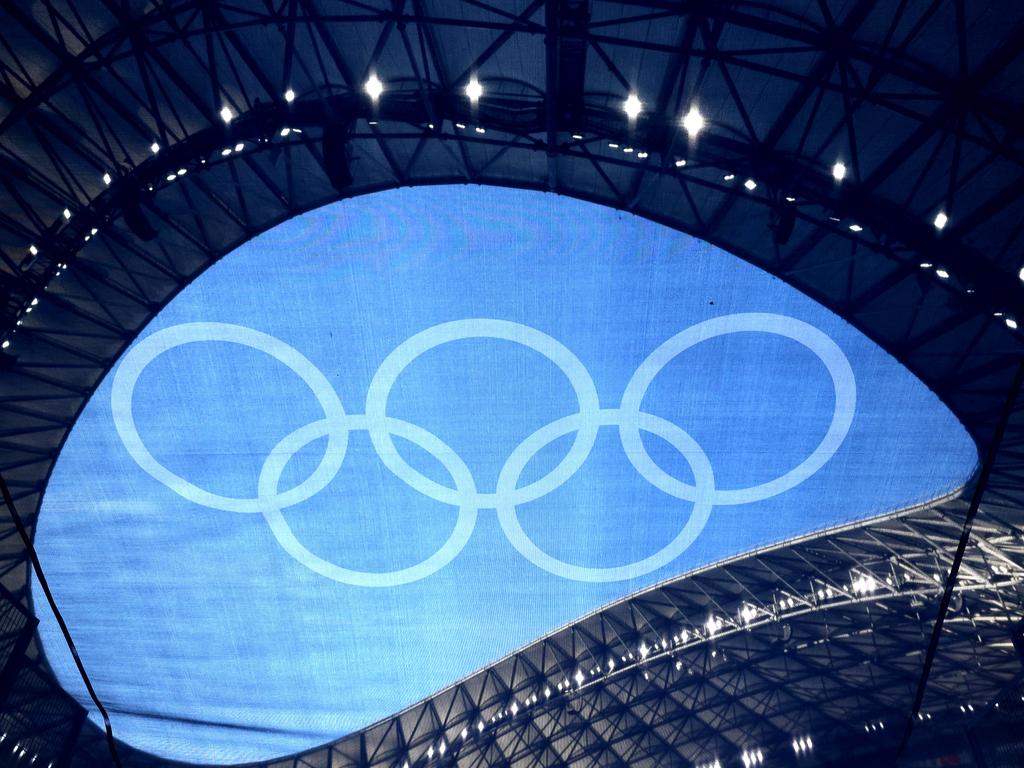Some common sense ...
No doubt you will see the Eiffel Tower lit up on your televisions many times over the next fortnight during the Paris Olympics. When you do, just remember that its stunning lights will be overwhelmingly powered by nuclear energy.
France gets two-thirds of its power from nuclear energy, and has done since the 1970s.
This fact does not seem to have stopped our local chardonnay socialists – who currently seem in a panic at the thought of an Australian nuclear reactor causing three-eyed mutant fish – from regularly travelling to France.
Thanks to nuclear energy, there are no concerns that France will have a blackout during its Olympics. Unfortunately, there can be no such calm over such a prospect when we host the Olympics in eight years.
This winter has already seen our electricity grid stretched to the limit. Once again, the folly of relying on weather dependent renewable energy has been exposed.
This winter, we have experienced a wind drought. Wind energy fell by 20 per cent compared with a year earlier, despite more wind factories coming online over the past year.
A lack of wind is a regular but unpredictable phenomenon. Germany, a country that also unwisely relies on unreliable renewables, even has a word for it now, “dunkelflaute”, meaning the “dark doldrums”.
Thankfully for us, this winter saw coal-fired power come to the rescue. Coal fired power increased by 900MW, about the output of a single coal fired power plant.
Gas power production also increased by 234MW. In contrast, solar and battery output could only contribute a quarter of the increase of fossil fuels.
The problem for us is that four coal fired power stations are due to shut before the 2032 Brisbane Olympics. A “dunkelflaute” in 2032 could be quite embarrassing for us.
In the meantime, it is Australian families that continue to pay for the obsession with weather dependent renewable energy. The Federal Labor Government promised to reduce your power bills by $275, yet the average power bill has increased by more than $500. During the wind drought of this winter, wholesale power prices increased another 23 per cent, meaning that power prices are likely to increase further soon.
Our energy regulators now warn that we could face blackouts in the lead-up to the 2032 Olympics unless more investment is made in reliable power supplies.
Unfortunately we won’t have a nuclear plant ready in that time. And while nuclear works to keep the lights on in France, electricity prices there are about what they are here after doubling in the last decade. So nuclear energy is unlikely to get our power prices down to the levels they were before we embarked on our renewable energy obsession.
Renewable energy is clearly not the answer, as every country in the world that has relied heavily on renewable energy has ended up with higher power prices. Germany and Denmark, which have a higher reliance on wind and solar energy than Australia, have power prices 50 per cent higher than ours.
- Forums
- Political Debate
- How`s that global warming going ?
How`s that global warming going ?, page-42
Featured News
Featured News
The Watchlist
HAR
HARANGA RESOURCES LIMITED.
Peter Batten, MD
Peter Batten
MD
Previous Video
Next Video
SPONSORED BY The Market Online





